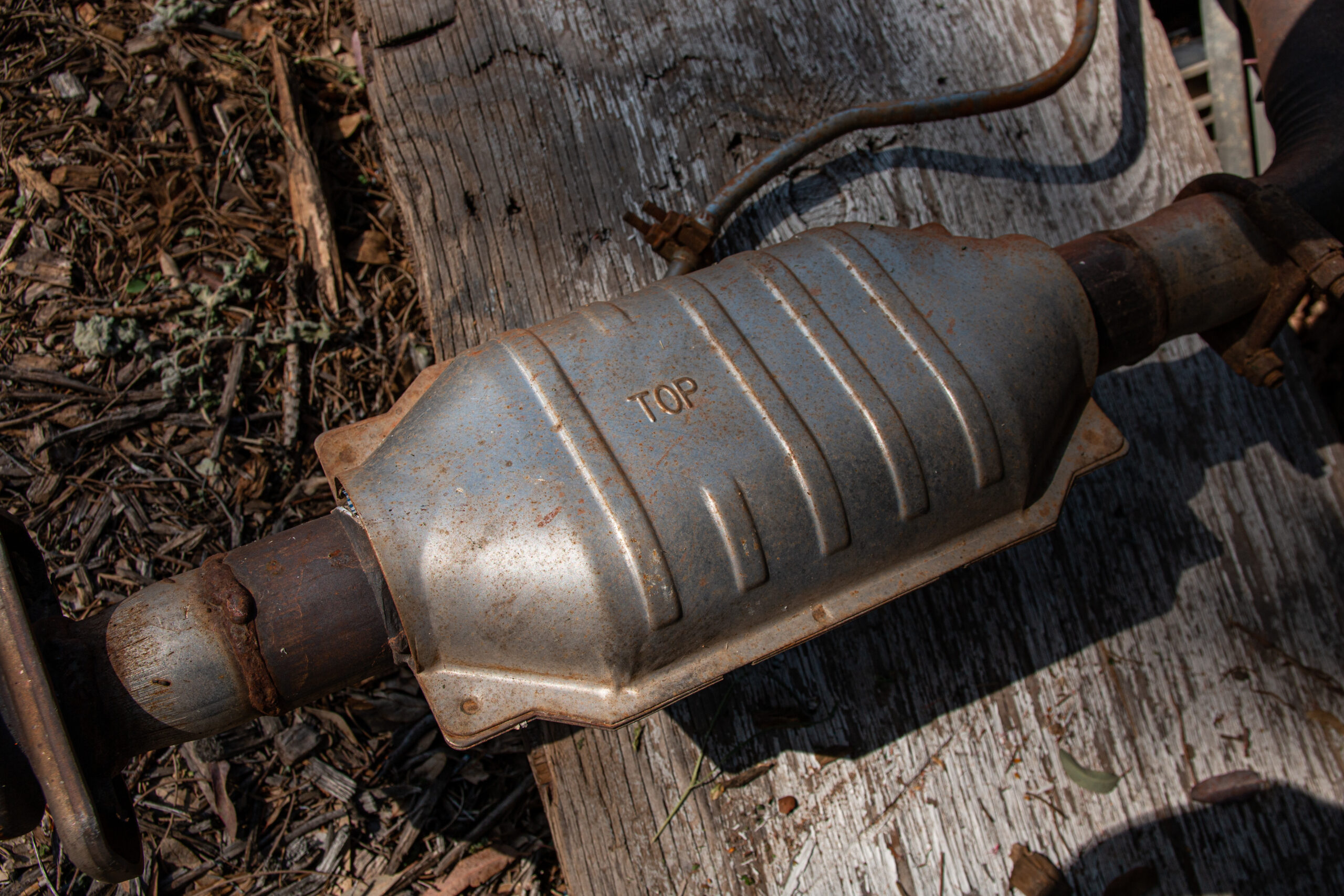New Legislation for Reducing Premature Retirement Savings Cashouts
United States Senators Tim Scott (R-S.C.) and Sherrod Brown (D-OH) have introduced the Advancing Auto Portability Act of 2022, which would make it easier for workers to keep their retirement savings with them when they switch jobs. The bill aims to encourage the adoption of auto portability programs.










